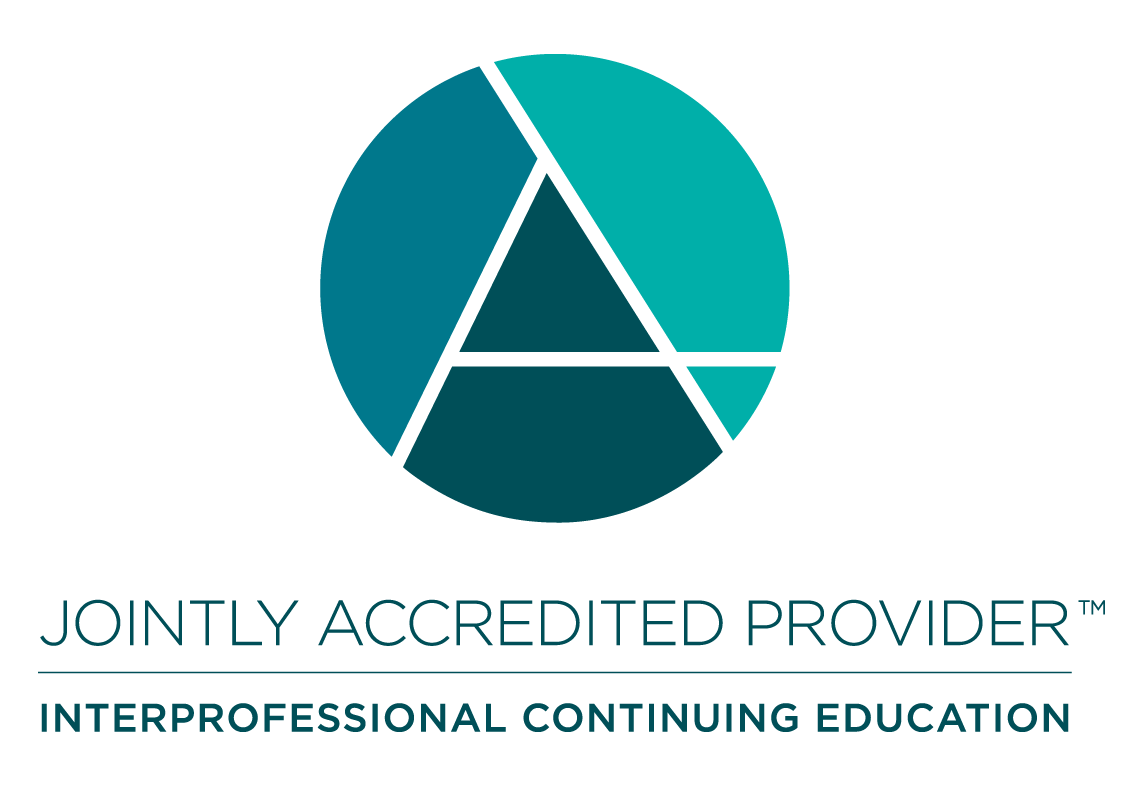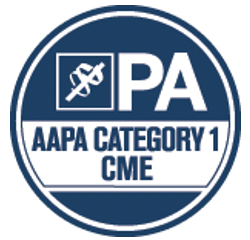
This modular continuing education activity provides an update on the epidemiology, monitoring, and treatment of patients with systemic lupus erythematosus (SLE). Diane Kamen, MD, and Anca Askanase, MD, examine the current research on demographic groups with an increased risk of SLE and its severe complications, including lupus nephritis (LN). They also review the application of the most current treatment goals and classification criteria to speed diagnosis and guide disease activity monitoring. The expert faculty provide guidance on the integration of newly approved treatments into the EULAR treatment algorithms for SLE, and how these treatments can be used for patients with LN. Two case studies are utilized to illustrate the application of key concepts.
The case studies are also available as a podcast. You may listen here
Course Credit:
1.25 AAPA Category I Hours
1.25 ACPE Contact Hours
1.25 AMA PRA Category 1 CreditsTM
1.25 ANCC Contact Hours
1.25 CA-BRN Contact Hours
0.75 Pharmacology Hours
Dates:
Opens: 2023-07-27
Closes: 2024-07-27
Target Audience:
This activity was developed for rheumatologists, nephrologists, rheumatology and nephrology advanced care practitioners, nephropathologists, primary care physicians, emergency physicians, pharmacists, and other healthcare providers involved in the care of patients with systemic lupus erythematosus (SLE), including lupus nephritis (LN).
This educational activity is supported by an educational grant from GSK.
Accreditation

The Annenberg Center for Health Sciences at Eisenhower designates this enduring activity for a maximum of 1.25 AMA PRA Category 1 Credits™. Physicians should claim only the credit commensurate with the extent of their participation in the activity.
Annenberg Center for Health Sciences at Eisenhower designates this knowledge-based activity for a maximum of 1.25 hours. Credit will be provided to NABP CPE Monitor within 60 days after the activity completion.

Annenberg Center for Health Sciences at Eisenhower designates this enduring activity for a maximum of 1.25 contact hours, including 0.75 pharmacology hours.
To receive credit for education contact hours outside of the state of California, please check with your state board of registered nursing for reciprocity.
Additional Content Planners
Eugene Cullen, MD (Peer Reviewer)No significant relationships to disclose.
Chris Fischer, MSc (Medical Writer)
No significant relationships to disclose.
Amber Lambert, MSN, FNP-C, DNP (Nurse Planner)
No significant relationships to disclose.
Annenberg Center for Health Sciences
Staff at the Annenberg Center for Health Sciences at Eisenhower have no relevant financial relationships to disclose.
All of the financial relationships listed for these individuals have been mitigated.
-

Anca D. Askanase, MD, MPH
Professor of Medicine
Director, Lupus Center
Director, Rheumatology Clinical Trials
Columbia University Medical Center
New York, New York -

Diane L. Kamen, MD
Professor of Medicine
Division of Rheumatology and Immunology
Medical University of South Carolina
Charleston, South Carolina
Presenting Faculty
Downloads
Learning Objectives
- Explain the importance of prompt and accurate diagnosis of SLE and its consequences such as LN
- Develop and apply validated measures of disease activity to inform SLE treatment decisions
- Initiate evidence-based treatment consistent with current guidelines and approved indications to reduce disease progression and excessive use of corticosteroids
- Discuss the impact of gender and ethnicity on prevalence and severity of SLE/LN
- Develop a multidisciplinary team approach to diagnose and manage patients with SLE/LN
Faculty Disclosures
Anca D. Askanase, MD, MPH
Consultant: AstraZeneca, BMS, GSK
Data Safety Monitoring Board: Amgen
Research Support: Eli Lilly, Idorsia, Janssen, Pfizer, UCB
Diane L. Kamen, MD
Data Safety Monitoring Board: Alpine Immune Sciences, Equillium